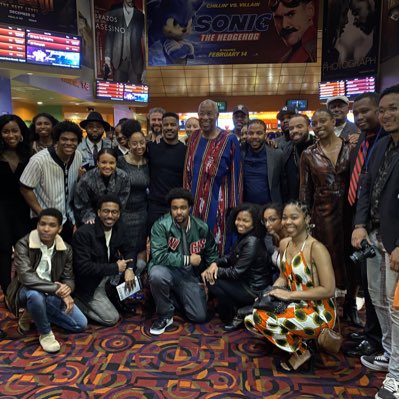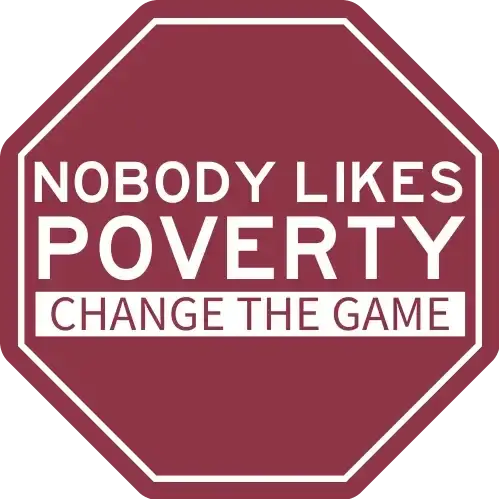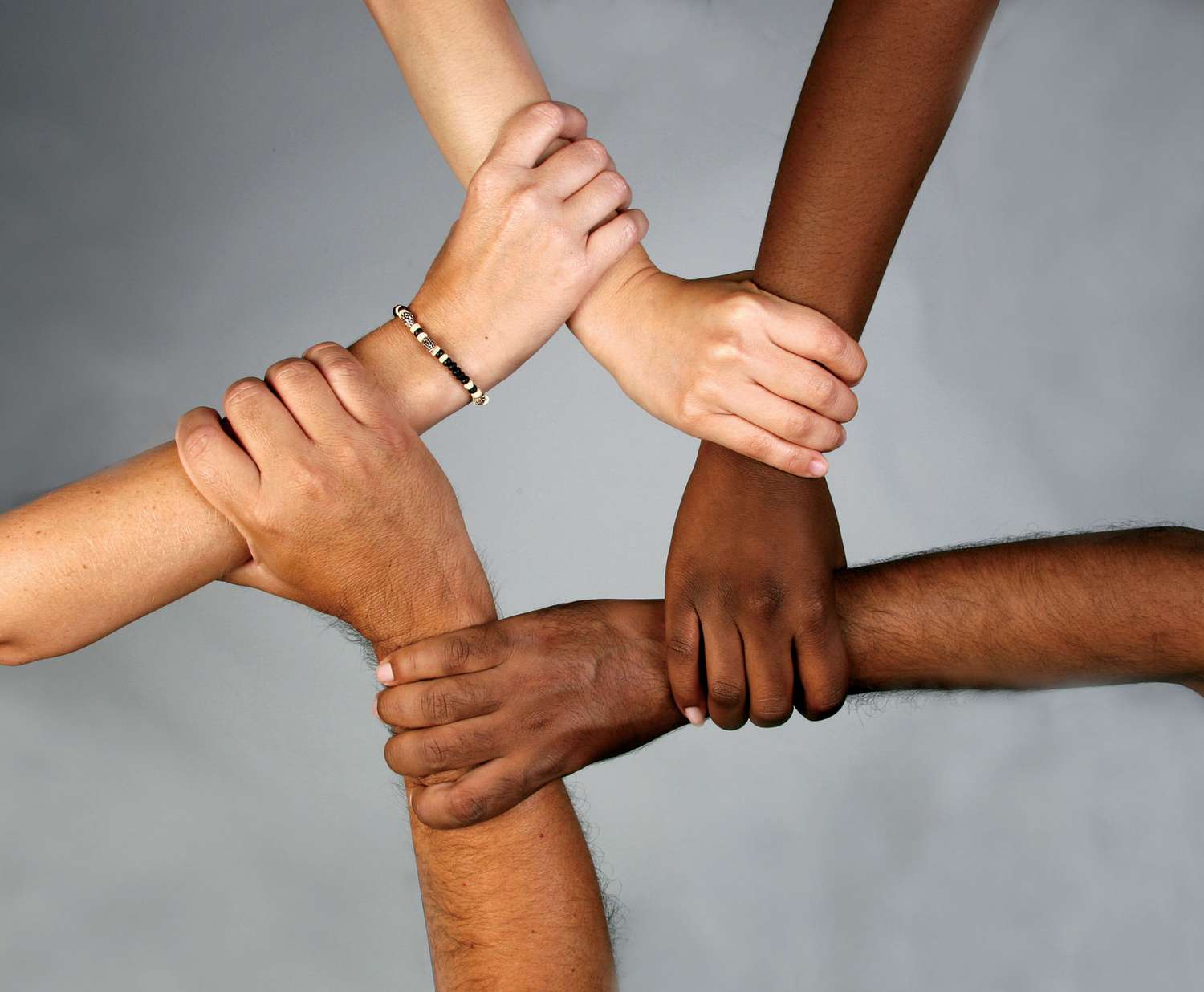What Is Ubuntu
What Is Ubuntu
- Home
- What Is Ubuntu
THE ORIGIN OF UBUNTU
It is also thought to be about caring and sharing. All of this is true but to know what uBuntu means in the fullest sense one’s enquiry must be considerate of ancient African Spirituality and Kosmology. Since Afrika is considered to be The Cradle of Mankind it is important to establish what the ancient and indigenous African views on common questions about life are and where and how these views originated.
Tracing the origins of the values and principles that uBuntu are based upon leads to ancient Egypt (Khem) and the concept of MA’AT.
THE CONCEPT OF MA'AT
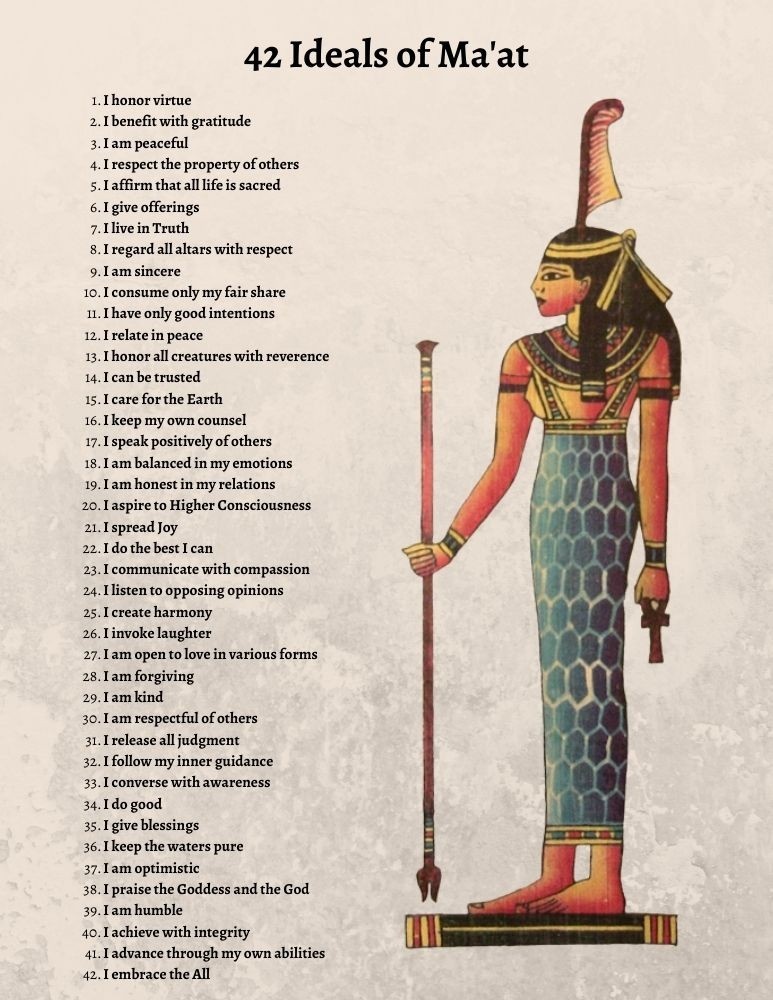
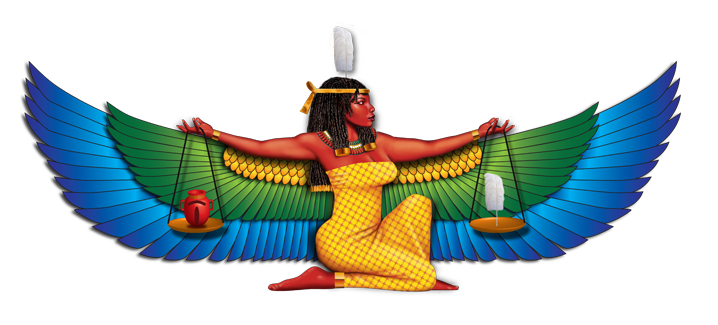
THE STORY OF MA’AT
MA’AT is typically illustrated sitting or standing, with a scale, wearing an ostrich feather in her head-band and carrying a ‘was’ sceptre (symbol for power) in one hand and an ankh (symbol for eternal life) in the other. The role of MA’AT was to regulate the stars and the seasons; for maintaining balance in the universe and in society. It was also her duty to determine if a deceased person would have eternal life by placing the person’s heart on one side of a scale (scale of justice) and the feather (truth) on the other side of the scale.
Once we understand uBuntu and MA’AT in its fullest sense we realise that the two concepts are interchangeable. Since our Afrikan religion is based upon the Hermetic philosophy of sciences – the theosophy (Divine Wisdom) of Khem or ancient Ethiopia, MA’AT is the Ancient Egyptian/Ethiopian explanation, symbol, or representative of uBuntu.
Since the characteristics of MA’AT have metaphysical as well as ethical implications, the laws of nature, of society and the divine are all the same. Because of this, ideas such as truth, order, and light for example are all interchangeable. Instead of thinking in a linear fashion and relying on our five senses to arrive at the truth, MA’AT is a reminder to go beyond this approach and to include the heart in our thinking. Order and balance in the universe (uBuntu) is possible through Love.
ANCIENT AFRICAN RELIGION
The indigenous beliefs and practices of African peoples include various traditional religions. Whilst it is difficult to generalise about African religion because of the diversity of African cultures, they do have some characteristics in common. Generally, they are of an oral nature rather than scriptural, include belief in a supreme being, belief in spirits and other divinities, veneration of ancestors, traditional medicine and the use of magic. Humanity is generally seen to be harmonising the forces of nature with the super-natural. uBuntu is said to originate from African religion that is generally regarded as a Sun-centred pagan or heathen religion.
The main theme of two African religions (Tumelo ya Setho and Karaism) for example that are based on the African philosophy of origins, is that All is One, and its aim to awaken man to the fact that it is one with God and nature and that we are immortal. All of life together with God forms a unified whole in which everything is inter-related, inter-connected, and inter-dependent.
According to Ancient African world-view God and man is never seen as separate from one-another and all of life is considered to be Sacred
BEING HUMAN
Personhood in the Afrikan setting is ‘earned’ through an on-going process of incorporation. To be, to exist, means to be so for the community and for the other, with the self emerging from relationship with others and the natural environment. The human is never alone but in constant communication and communion with others and nature; in a permanent listening to the pulse of the world and in close contact with the universe.

UBUNTU IN SOUTH AFRICAN SOCIETY
uBuntu forms the value base of The Constitution of the Republic of South Africa
It is recognised in the Bill of Responsibilities that was launched in 2008 by the Department of Basic Education in partnership with the National Religious Leaders Forum; providing a framework of values, drawn from the ethos of the New South Africa. The Bill of Responsibilities is the ethos, vision and nature that schools are managed by, and provides the youth with positive words and encourages the spirit of giving and contributing, of duty, accountability, and responsibilities, of respect and decency, of tolerance and understanding, of integrity and loyalty, and kindness and compassion
uBuntu is taken up in the preamble of the 2011 White Paper on Southern African Foreign Policy: Building a Better World – The Diplomacy of uBuntu
South Africa is a multifaceted, multicultural and multiracial country that embraces the concept of uBuntu as a way of defining who we are and how we relate to others. Our humanity is affirmed when we affirm the humanity of others. It has played a major role in the forging of a South African national consciousness and in the process of its democratic transformation and nation-building.
It is part of the vision and mission of the transformation of the public service sector of South Africa and the Batho Pele (people first) Principles
It formed the basis on which the Truth and Reconciliation apartheid hearings were conducted
It is the philosophical framework and the bases of the Charter of Positive Values of the of the Moral Regeneration Movement that was adopted in 2008
It is the business philosophy of various companies and institutions
It forms the content of various disciplines of study at tertiary institutions; including psychology, anthropology, religious studies, education, law, sociology, African languages, philosophy, political science, economics, etc.
uBuntu is applicable and lived in all spheres of life with its true impact and working ever better described and defined
uBuntu is reflected in the South African Coat of Arms
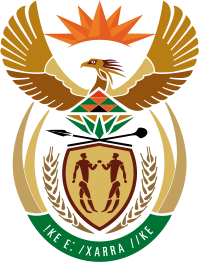 The new Coat of Arms of South Africa contains two human figures from Khoisan (the First People of Africa) rock art that are depicted as facing one another in greeting and in unity, representing the beginning of the individual’s transformation into the greater sense of belonging to the nation and by extension, the collective humanity. The motto – !ke e:/xarra //ke, is written in the Khoisan language of the /Xam people, officially translated:‘diverse people unite’ and referring to ‘people who are different coming together.’
The new Coat of Arms of South Africa contains two human figures from Khoisan (the First People of Africa) rock art that are depicted as facing one another in greeting and in unity, representing the beginning of the individual’s transformation into the greater sense of belonging to the nation and by extension, the collective humanity. The motto – !ke e:/xarra //ke, is written in the Khoisan language of the /Xam people, officially translated:‘diverse people unite’ and referring to ‘people who are different coming together.’
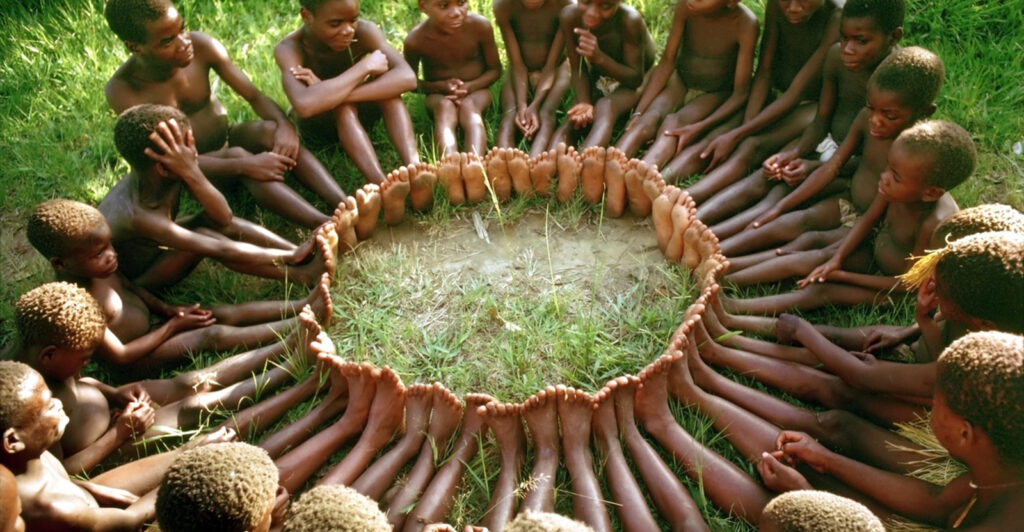
EXPLANATION OF THE (ZULU) WORD AND SOME DERIVATIVES:
uMuntu = Person – refers to ‘those who emerged/is birthed from the Great Unknown, from the reed in an ancient marsh’
Bantu = Reference to thelarge number of linguistically related peoples of Central, East, and Southern Africa
aBantu = People. In the Afrikan sense, when we speak about aBantu we do not simply speak of a person in general but rather about a person who understands uBuntu
B = Egyptian element of the soul
UBU indicates a process of be-coming as an indispensable part of the lived experience with this becoming and life journey manifesting through the relationship between the person, fellow human beings, their natural environment and the ancestors.
AFRIKAN ROOT-WORD ‘NTU’. According to ancient Afrikan worldview, Umuntu (man) is gifted with Divine attributes that are rooted in the feminine principle ‘NTU’ that points to the causative force, godliness, beingness, life force, community and essence, and that acts as a sign of universal resemblance. As such, man is made in the image and likeliness of god (god + man) which allows umuntu to be a Divine human being (uBuntu). uBuntu therefore refers to humanity’s Higher Self and explains the idea that god is never seen to be outside of the creation and explains the human being’s innate longing and yearning to belong. To be human means to be in a perpetual motion of becoming that which one already ultimately IS.
uBuntu therefore denotes both a state of Being and one of becoming; a process of self-realisation through others and the enhancement of the self-realisation of others.
UBUNTU AS THE GOLDEN RULE
The concept of MA’AT/uBuntu is also taken up in The Golden Rule; “Do as you would be done by” and speaks to human relations that are universally desirable.
We see the reality of reciprocity manifest through uBuntu: I am because we are. We are all one. What is done to one isdone to the other.
This ethic of reciprocity (the two way relationship between one-self and others that involves both sides equally and in mutual fashion) is a code that essentially states:
Positive form:One should treat others as one would like others to treat oneself.
Negative/prohibitive form, also called The Silver Rule:One should not treat others in ways that one would not want to be treated.
What uBuntu is as it is found in our ancient African Spirituality and Religion it fits perfectly with the Humanity’s Team Oneness Statement: Oneness is the energy of Love that lies within and connects all of Life. The Universe is One Being and we are its cells – all essential and responsible for the whole.
uBuntu Titles
A Report on Ubuntu. Leonhard Praeg
UBUNTU – Curating the Archive. Leonhard Praeg and Siphokazi Magadla
Personal Growth African Style. Nussbaum, Palsule & Mkhize
Sawubona Africa. Embracing four worlds in South African management. Ronnie Lessem and Barbara Nussbaum
Johan Broodryk
Mathole Motshekga
uBuntu. The global philosophy for humankind
Self Community and Psychology. Ratele, Duncan, Hook, Mkhize, Kiguwa & Collins
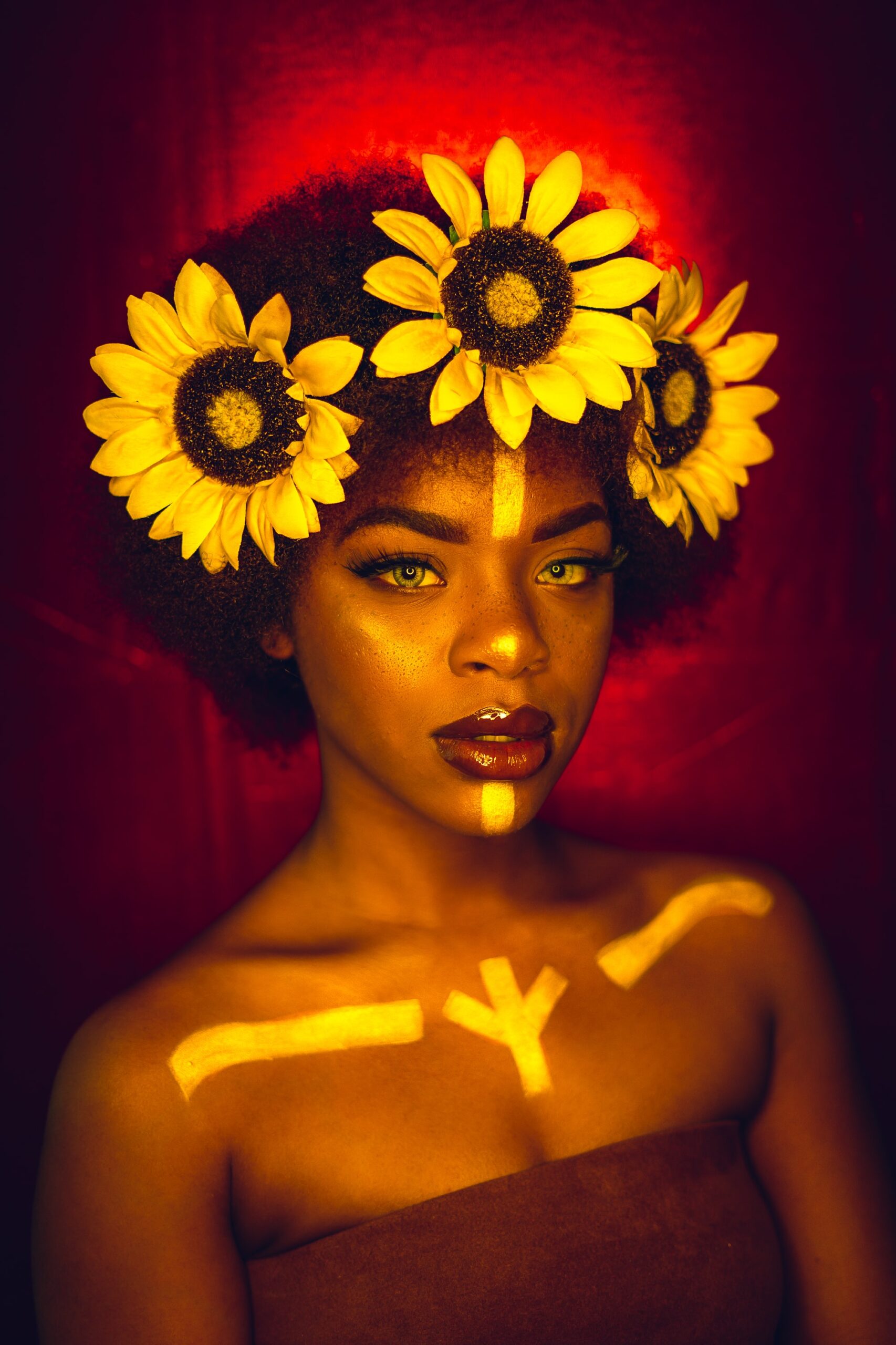
Meet Francia
